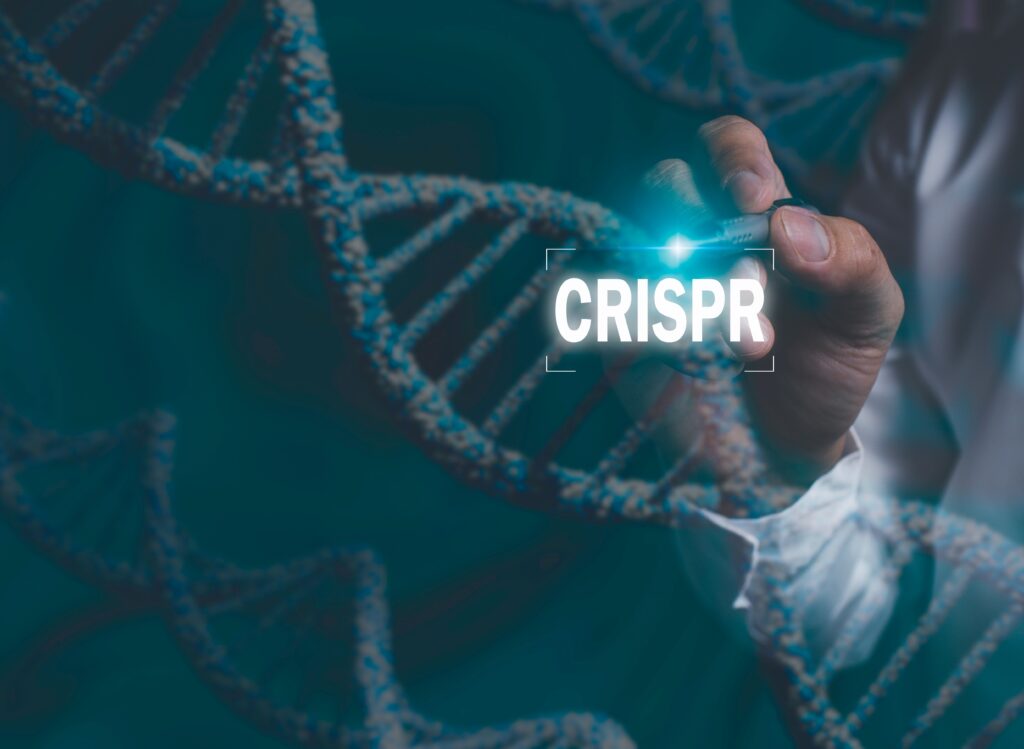In a groundbreaking decision, the National Institute for Health and Care Excellence (NICE) has approved CRISPR gene-editing therapy for sickle cell disease (SCD) patients on the National Health Service (NHS) in England. This marks a major step forward for those suffering from severe complications of the condition.
NICE Reverses Decision, Grants Access to Exa-cel Therapy
Earlier this year, NICE had initially rejected the gene-editing therapy exagamglogene autotemcel (exa-cel) due to its high cost. However, after further review, the agency has now approved it for NHS use, having already cleared it for the treatment of beta thalassemia.
The UK’s medicines regulator had granted approval for exa-cel in November 2023, but concerns remained over its £1.6 million (€1.9 million) per treatment price tag.
Sickle cell disease is a genetic blood disorder that affects the shape and function of red blood cells, leading to chronic pain, infections, anemia, and severe complications. The condition primarily affects individuals of African, Caribbean, Middle Eastern, and South Asian descent.
Existing treatments are limited and often come with severe side effects, according to NICE. With this approval, the CRISPR therapy will now be available to patients aged 12 and older who suffer from severe complications and are eligible for a stem cell transplant but lack a suitable donor.
A New Era for Sickle Cell Treatment
Patient advocate Funmi Dasaolu, who has sickle cell disease and contributed to NICE’s evaluation process, hailed the approval as a major step forward.
“The approval of exa-cel today marks a transformational shift in sickle cell treatment in the UK,” she stated. “It is the beginning of addressing longstanding inequalities in care and brings much-needed hope to patients and families.”
CRISPR: A Revolutionary Approach with Challenges
The CRISPR/Cas9 gene-editing tool, the technology behind exa-cel, was developed by Emmanuelle Charpentier and Jennifer A. Doudna, earning them the 2020 Nobel Prize in Chemistry.
The therapy, also known as Casgevy, works by removing a patient’s blood stem cells, genetically modifying them in a lab using CRISPR, and reintroducing them into the body to correct the genetic defect responsible for SCD.
Despite its promise, some uncertainties remain. Professor Felicity Gavins, a pharmacologist at Brunel University London, emphasized that while exa-cel is a groundbreaking treatment, it is not a universal cure for all patients.
“We must continue funding research to develop additional treatment options for a broader group of sickle cell patients,” she explained.
To ensure long-term effectiveness and safety, NICE will monitor patient outcomes and conduct a future reassessment of the therapy based on real-world data.
